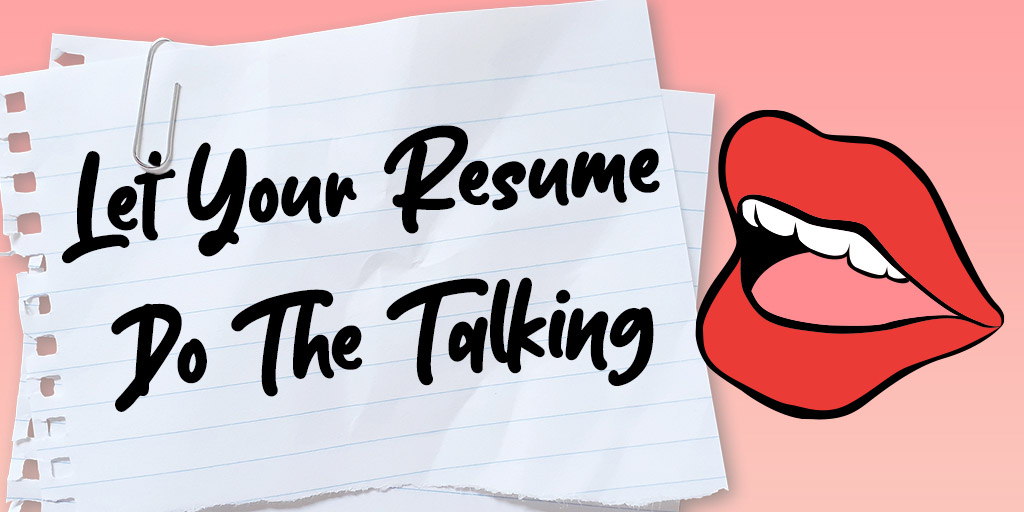Let your resume do the talking
 CREDIT: FSU PUBLICATIONS AND COMMUNICATIONS
CREDIT: FSU PUBLICATIONS AND COMMUNICATIONSAs you leave your house wearing your utmost formal attire, with your hair brushed to the side, and your mom calling you the most handsome man on the planet, a sudden feeling of prosperity overcomes you. Finally, you reach your destination: the office of your dream job. However, as you arrive, the receptionist immediately turns down your resume and says, “sorry, we don’t accept any resumes in-person, however you can visit the career section on our web-site and apply on-line.”
Especially during a pandemic, online applications have become progressively more common. Onscreen applications are traditionally beneficial to the employer. A number of employers have their own Human Resources departments that are strictly in charge of the hiring process within a company. The key disadvantage is to you, the applicant, who now has to make your resume speak for itself.
Virtual applications seem daunting at first, but can easily become an effficient way to apply for work if you know how to develop a proper resume. Here are a few key points to consider when developing your resume.
Organization
Concise, coherent, and chronologically arranged information about your work experience is crucial. Remember, the individual reading your credentials has probably read numerous applications. Therefore, it’s in your best interest to establish yourself in a bold manner, and be direct in what you have to offer. Start by listing the most relevant experiences and qualities that you possess that are of the utmost benefit to your employer.
Language
This is your outfit; I’m talking borders, font, text sizes, and margins! Your style of formatting is your first impression. You need to establish the overall appearance of your resume because this part displays your judgment of professionalism and effort. You don’t want to overdo your formatting or else it may lack unity. View samples and create your own visual.
Format
Your words matter. Avoid slang, profanity, and poor grammar. Not utlizing resources like spell-check and proofreading instantly signals laziness to a hiring manager. A pro-tip is to use words from the job description that you are applying for and expand on how your abilities are in conjunction with the work requirements.
Personal Life
Information on a work application may vary from country to country or province to province. It’s important to research application requirements based on the location of the organization you are trying to work with. For example, some countries demand information on your marital status, age, address, and more. However, here in Ontario, this information is considered confidential and should remain out of any of your work applications, unless you feel it is relevant to the job. Research and understand which information is best left off your resume and which information about yourself is essential on your application.
Tracking and follow-ups
The principles and values within a company differ from one to another. One firm may prefer an applicant who is extremely driven but lacks a few skills over someone with lots of skills who is less eager to be involved in the specific indsutry. Following up and asking about your application, the employer’s industry or organization implies eagerness and ambition. If your application is rejected, ask the company where the issue may have been and look to improve that area in the future.
Throughout different stages in your life, you will likely update your resume multiple times. From switching careers to receiving scholarships, any relevant experience that matches your career prospects should be documented in your resume. Therefore, you will constantly learn and edit your resume more than you think. So, if this is your first time or you don’t feel comfortable creating your own resume, seek professional help from someone in career and employment services at 519-452-4294.
















